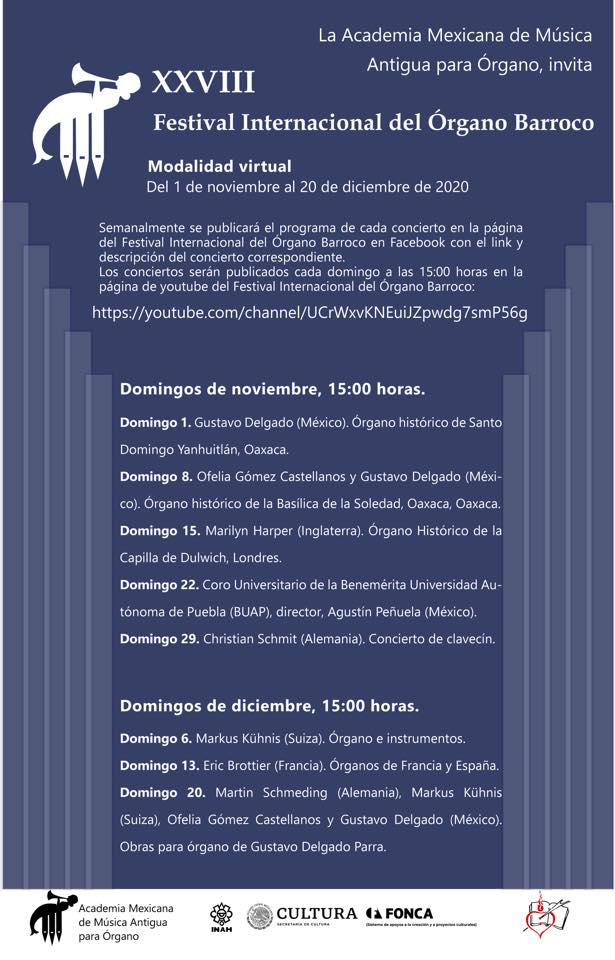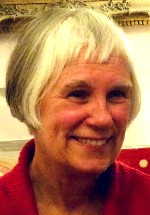Author Archives: OrganistA
Southwark and South London Society of Organists newsletter February 6th, 2021
“Six Sixes” from Ripon Cathedral with Tim Harper – organ
From our member Norman Harper: Here is a series of links to Tim Harper’s recent online organ recital series from Ripon Cathedral. As many of you know, Tim is the younger son of Marilyn and Norman, and he is assistant director of music at the cathedral. The organ is a very fine 4-manual Lewis rebuilt by Harrison, and in these performances you get to hear it in all its grandeur and variety.
As the opening caption tells you, Tim is playing groups of works which come in collections of six: Bach Trio sonatas & Schübler chorales, Mendelssohn Sonatas, Howells Six Pieces, John Joubert Hymn-tune preludes for chamber organ and Vierne Symphonies – just the Final movements this time round!
The first recital contains all the ones, then the second all the twos etc etc.
The mobile console is on view most of the time, and is positioned variously in the choir stalls and the nave, so we see some of the building and quite a lot of candle-light. Enjoy!
1 Link to the Ones
2 Link to the Twos
3 Link to the Threes
4 Link to the Fours
5 Link to the Fives
6 Link to the Sixes
Southwark and South London Society of Organists newsletter January 9th, 2021
Southwark and South London Society of Organists newsletter November 28th, 2020
A recital in the Mexican Festival of Baroque Organs by our former Chair, Marilyn Harper
Sunday, November 15th A recital in the Mexican Festival of Baroque Organs by our former Chair, Marilyn Harper, broadcast on YouTube. The link is here (or click the photo). Marilyn writes: “The Mexican organs are well worth hearing, and spectacular to look at. The first recital is given by Gustavo Delgado Parra, the organiser, and the second by him and his wife Ofelia. Explanations as to how the organs work and have been restored are given in Spanish but the gist can be gleaned. The temperaments are far more extreme than the chapel organ so by the time you hear the Dulwich organ it will sound as smooth as a calm lake! Please give it a thumbs up! Thanks!”

Southwark and South London Society of Organists newsletter October 31st, 2020
Choral Aspects of the Work of Church Musicians, a Zoom meeting
Saturday, October 17th, 2020 Following two highly successful online events over the summer, we had a discussion (on Zoom) on choral aspects of the work of church musicians. Members were invited to talk about their experience of running church choirs and singing groups, musical repertoire, recruitment, mixed ability (and ages) within choirs, and how they and their churches have managed recently. All SSLSO members received a link to join the discussion and members of other local societies were also invited to join if they wished. A note of the event is here.


